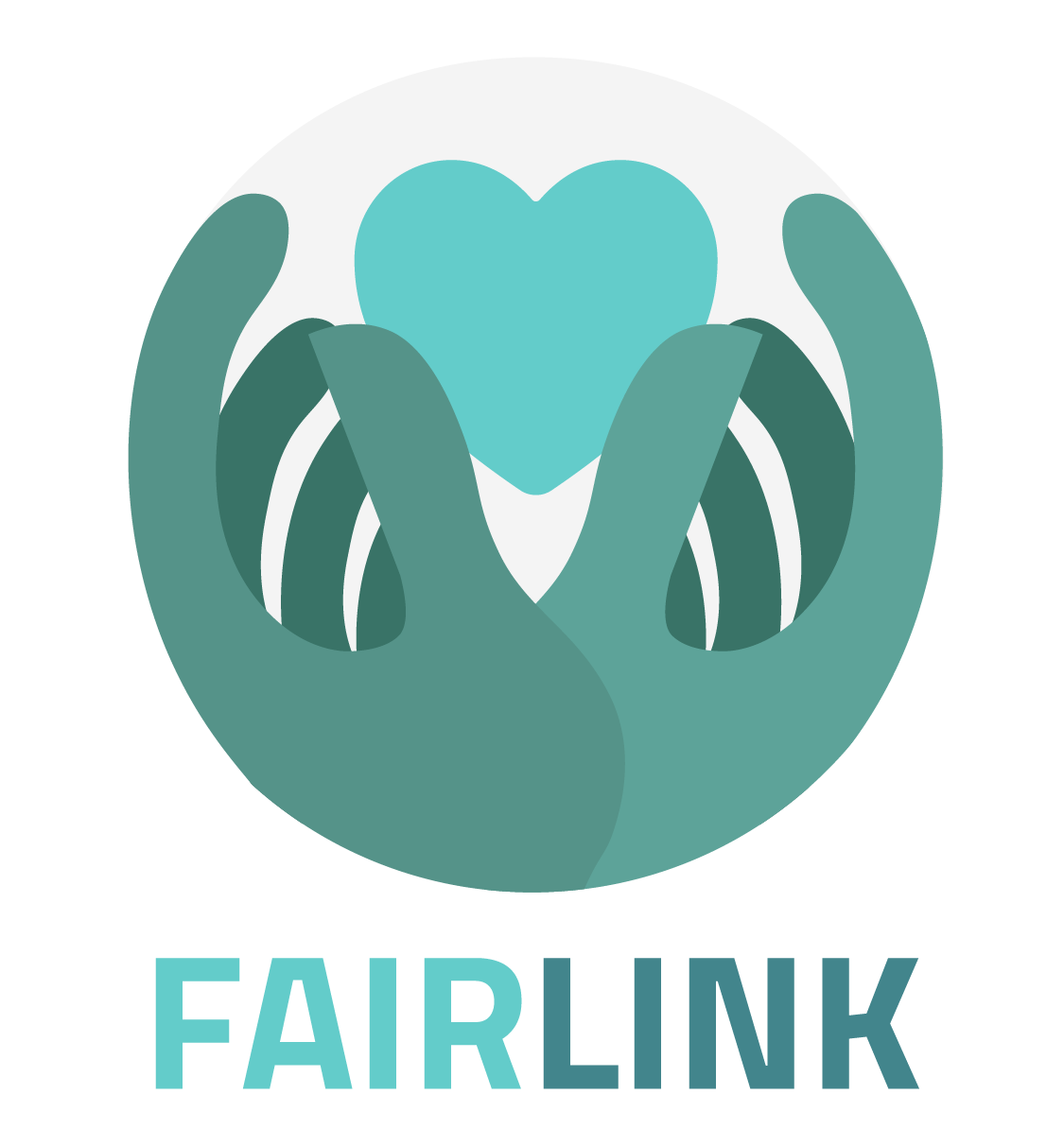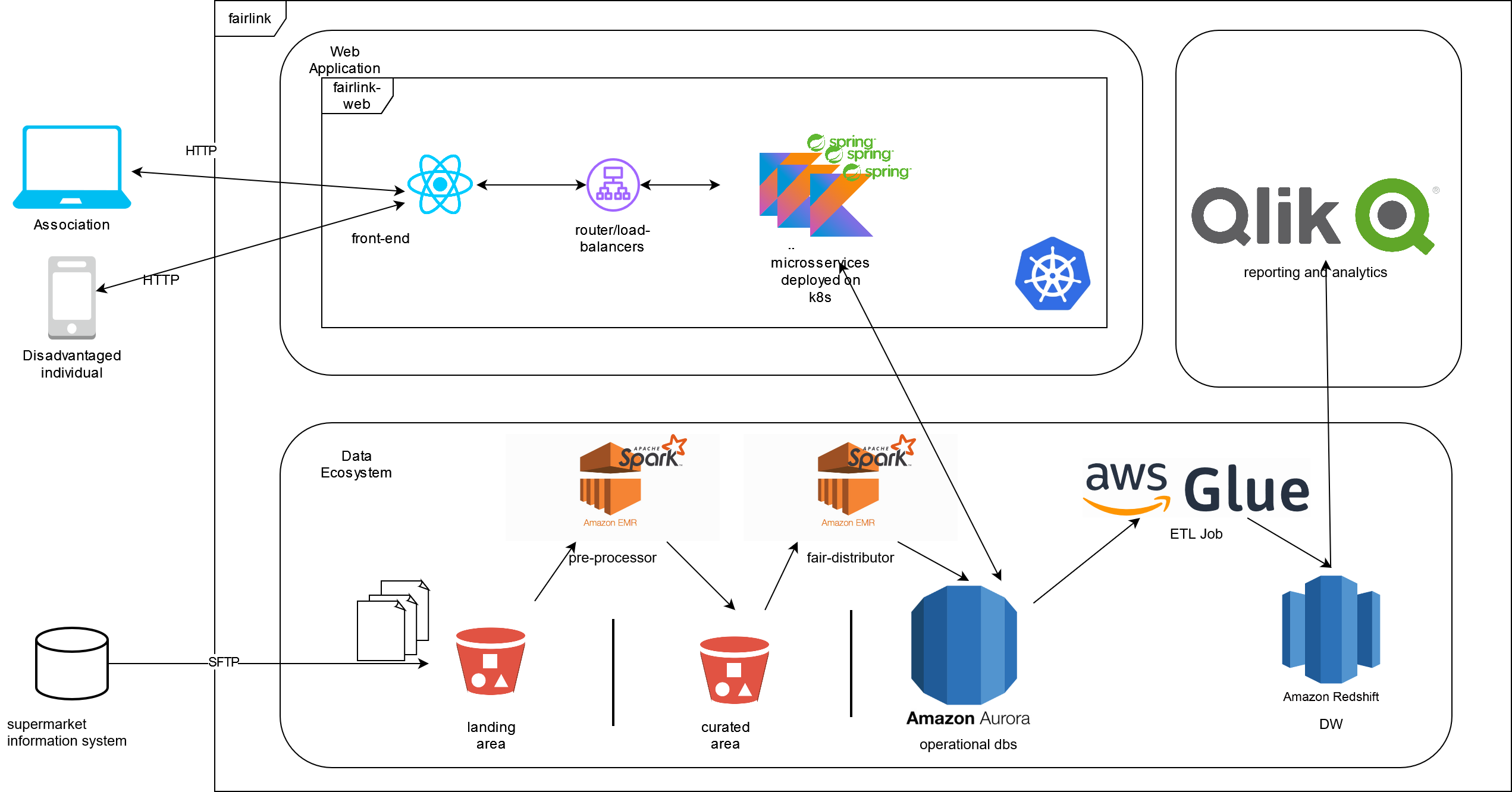
Problem
- 1 million tons of food is wasted yearly in Portugal, about 30% in the distribution phase;1;
- Supermarkets do not have standardized procedure for donation of food waste;
- Processes of donation attribution to the social sector are manual;
- Pickup of food waste in supermarkets is by order of arrival;
- Pickup of food waste in the associations is by order of arrival;
- Impact of donations is not known because appropriate metrics are not produced.
Proposed solution
An information system that includes a web component and an offline analytics component:
- Receives information of food waste daily;
- Does automatic attribution to carenciados inscritos em IPSS e associações do setor social;
- Aggregates donation batches to be collected by associations in the supermarkets' facilities.;
- Tracks the route of donated items;
- Automates the registry of donations;
- Emits periodical business reports on the performance of partners with sustainability metrics.
Differentiation relative to other initiatives that reduce food waste.
- The solution is replicable and scalable;
- Automates donation of food stock breaks through documented socio-economic criteria;
- Allows accessment of impact in terms of volume of donations, number of impacted people, including understanding whether food donations have long-term socio-economic effect on the affected population.
Diagram of the solution

Why it matters
Supermarkets
- Optimization of stock management.
- Reception of donation metrics.
- Acquiring public acknowledgement regarding food sustainability of each store.
Social sector
- Entities that are excluded from the process of stock break donation can be represented within the system.
- More stock breaks are donated to more entities.
- The process of collecting, transporting and donation of food is simplified through a scheduling app.
Disadvantaged individuals
- More people have access to food items.
- The food items are picked in quantity and quality suited to the household.
Project's progress
Development of the MVP - Minimum Viable Product (Dec 2021).
Launch of pilot version (Jan 2022).
Extension of the network of recipients/donators and public launch of the project (starting in Q3 of 2022).